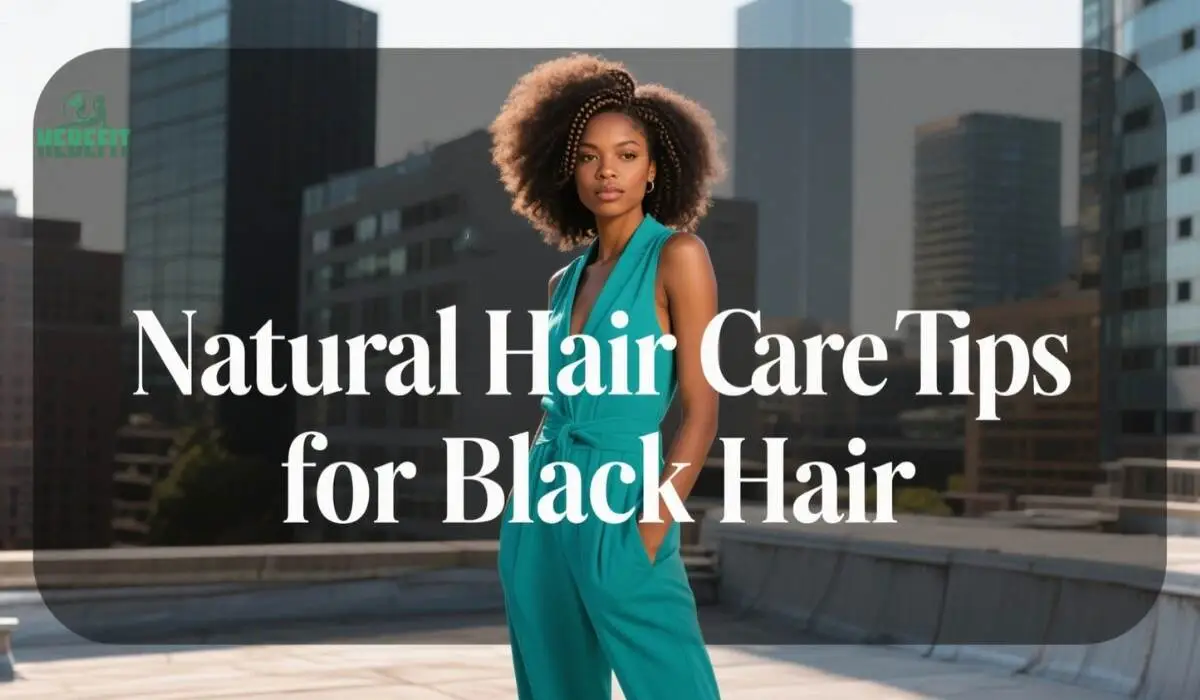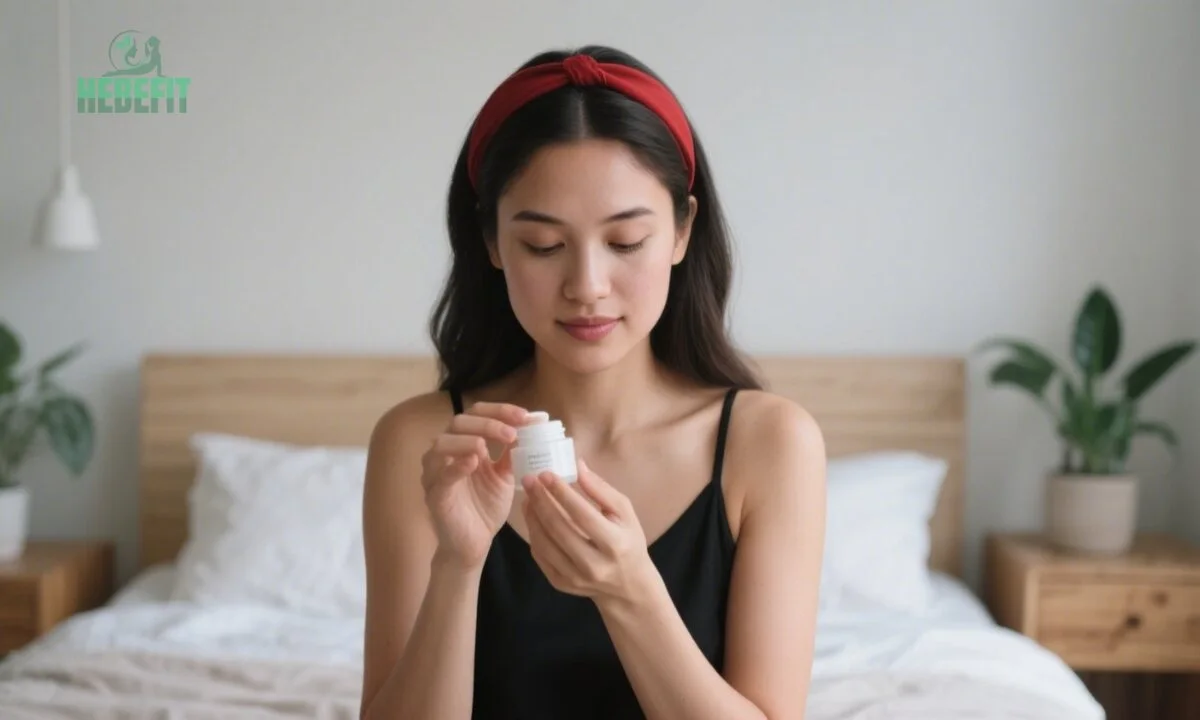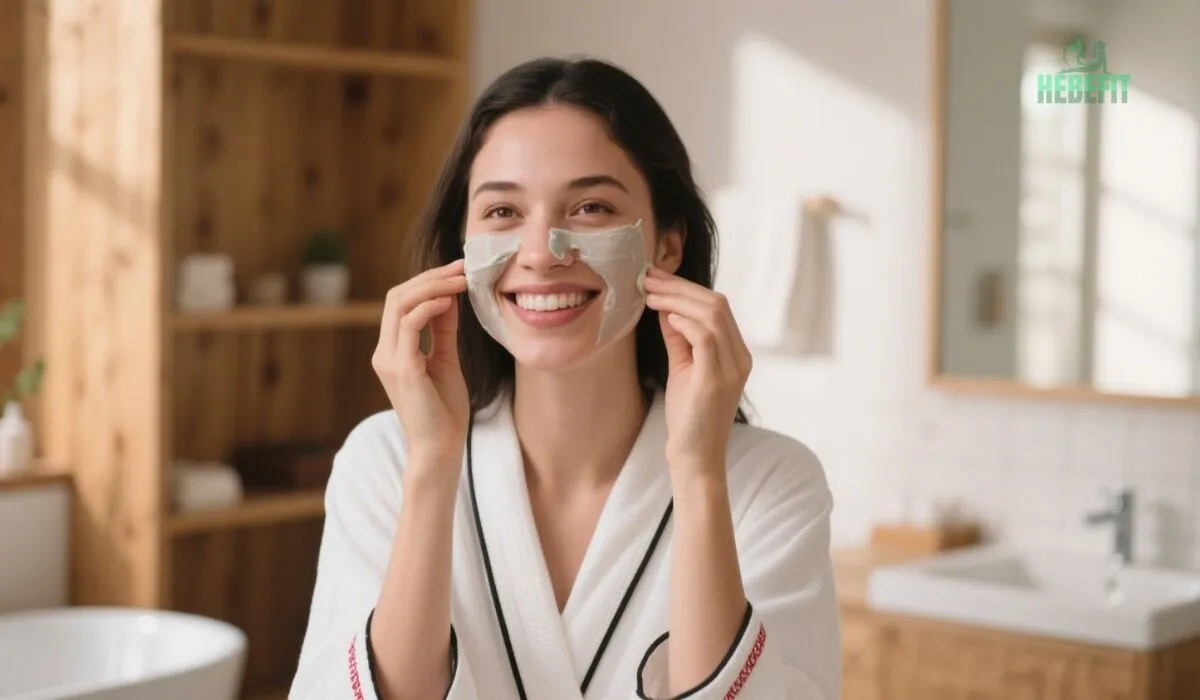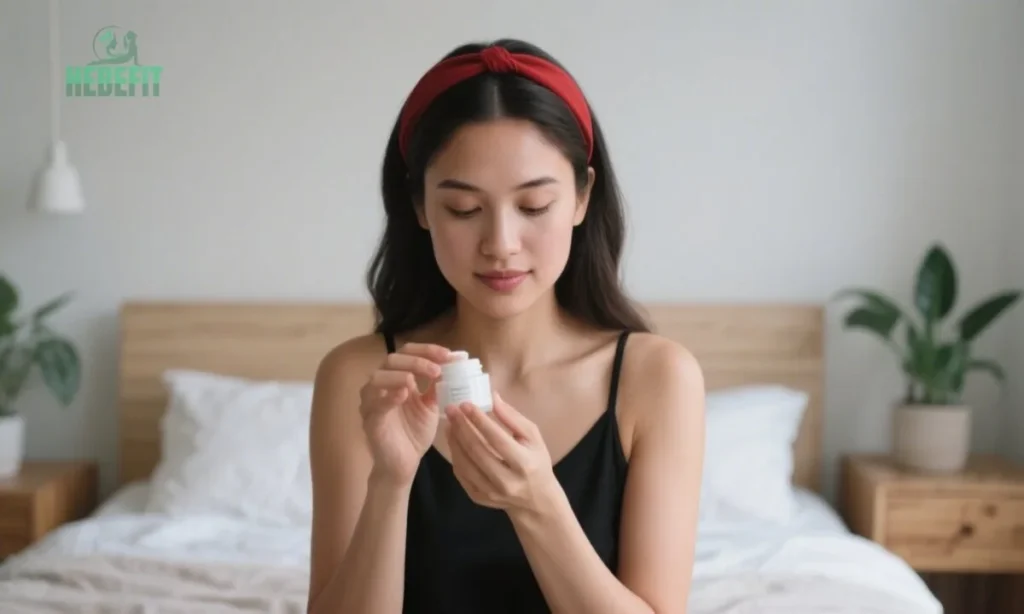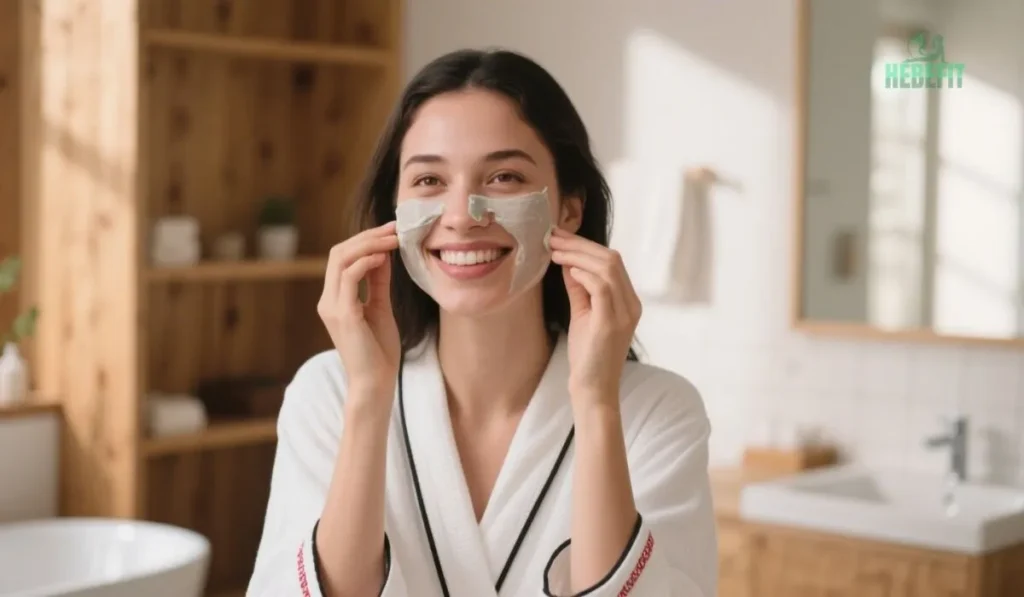Are you having trouble keeping your black hair healthy and vibrant? Natural hair care tips for black hair are key to getting the beautiful, heathy hair you want.
Black hair needs special care because of its unique texture and challenges. By following the right daily routines, using the right products, and adopting growth tips, you can avoid dryness and breakage.
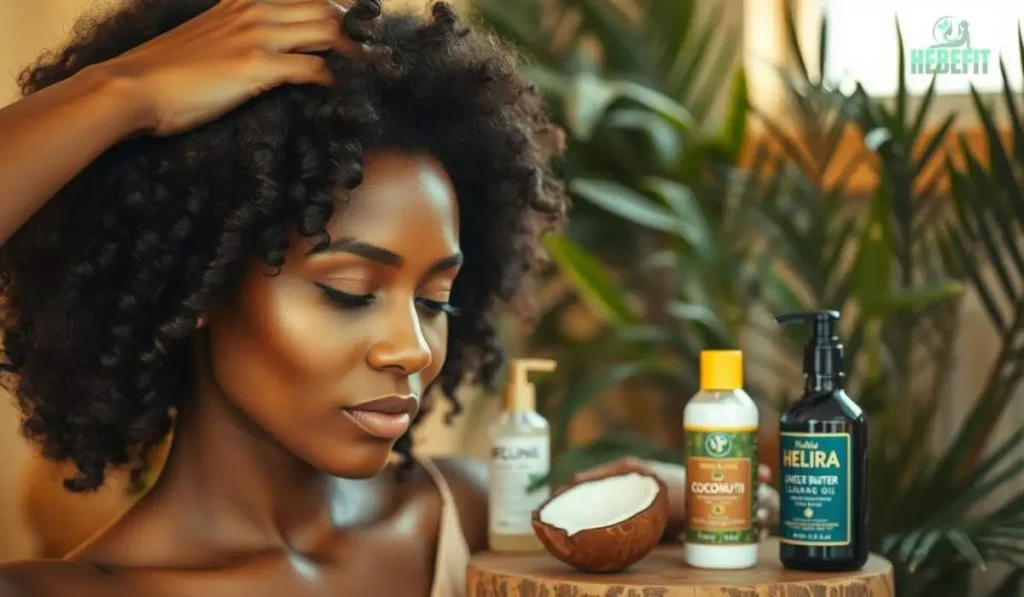
By prioritizing soft care and feeding your hair, you can reveal its true beauty. Our guide covers the best ways to keep your black hair healthy. This ensures you have the knowledge to reach your hair goals.
Key Takeaways
- Understand the unique needs of your black hair
- Learn daily routines for maintaining healthy hair
- Discover product recommendations for black hair
- Explore tips for promoting hair growth
- Use soft hair routines to avoid dryness and hair damage.
Why Natural Hair Needs Special Care
Natural black hair needs a special care routine because of its unique traits. Its texture and structure make it dry, prone to breakage and frizzy. This calls for a care plan that’s just right for it.
Understanding Black Hair Texture
Black hair is fragile and tightly coiled, unlike other hair types. It needs gentle care and the right products to stay healthy. Knowing your hair’s porosity, elasticity and moisture is key for a good hair care plan.

Common Challenges in Black Hair Care
People with black hair often face dryness, breakage, and frizz. A natural hair care routine can help. It should focus on moisturizing, nourishing and protecting the hair. Stay away from harsh chemicals and heat styling tools to avoid these problems.
| Common Challenges | Natural Hair Care Solutions |
| Dryness | Moisturizing with natural oils and deep conditioning treatments |
| Breakage | Gentle handling, protective styling, and regular trims |
| Frizz | Using sulfate-free products, sealing with natural oils, and minimizing manipulation |
Benefits of a Natural Hair Routine
Going natural with your hair care has many benefits. It leads to healthier, easier-to-manage hair. Natural products and methods can improve your hair’s natural look and help it grow. You also stay away from strong chemicals that might harm your hair.
Natural hair care offers many advantages, from better hair health to more confidence. By taking care of your natural hair with gentle, nourishing products, you can have a vibrant, healthy mane.
Daily Natural Hair Care Routine
Having a daily natural hair care routine can greatly improve your black hair’s health and look. Simple yet effective practices in your daily routine can lead to healthier, more vibrant hair.
Gentle Cleansing Techniques
Gentle cleansing is key in your daily hair care. Using sulfate-free shampoos helps keep your hair’s natural oils and prevents dryness.
- Use lukewarm water to cleanse your hair.
- Rub your scalp softly to boost circulation
- Avoid using harsh detergents or scrubbing your hair vigorously.
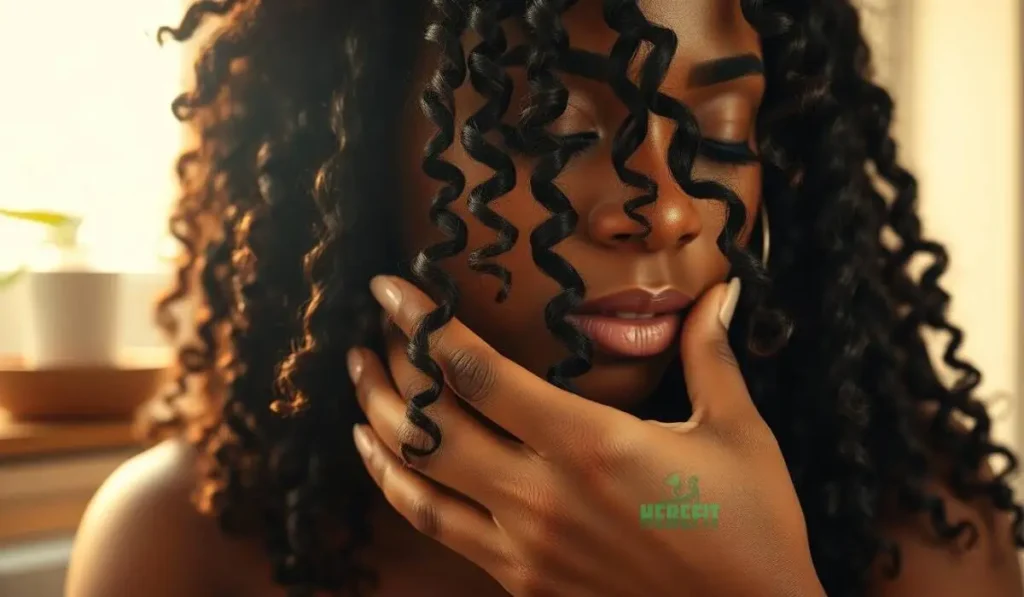
Moisturizing and Sealing Methods
Moisturizing and sealing are vital for keeping moisture in and protecting your hair. Use coconut oil or shea butter daily.
- Apply a leave-in conditioner or moisturizer to damp hair.
- Use natural oil or butter to trap in moisture.
- Pay attention to your hair tips, as they usually get the driest.
Protective Styling Ideas
Protective styling can reduce breakage and help your hair grow. Try styles like braids or twists in your routine.
- Choose styles that minimize manipulation and tension.
- Keep your scalp clean and moisturized under your protective style.
- Limit the duration of your protective styles to prevent matting.
Best Natural Oils and Products for Black Hair
To keep your black hair healthy, choose the right natural oils and hair care products. These items are key to keeping your hair moisturized, nourished, and protected from damage.
Coconut Oil, Shea Butter, and Castor Oil
Coconut oil is great for moisturizing your hair. It goes into the hair strand to nourish and strengthen it. It penetrates the hair strand to feed and fortify it. It goes deep into the hair shaft to nourish and strengthen it. Shea butter offers intense hydration and protects against dryness and breakage. Castor oil promotes hair growth and reduces inflammation with its antioxidants and fatty acids.
You can use these oils in many ways. Try mixing coconut oil with shea butter for a nourishing hair mask. This mask moisturizes and protects your hair.
Sulfate-Free Shampoos and Conditioners
It’s important to use sulfate-free shampoos and conditioners for gentle cleansing. Sulfates may remove your hair’s natural oils, leading to dryness and harm. Sulfates can strip your hair of its natural oils, causing dryness and damage. Sulfate-free products cleanse gently without harming your hair.
When choosing a sulfate-free shampoo, look for coconut-derived or olive oil-based cleansers. These are gentle and effective. Pairing these shampoos with a moisturizing conditioner will keep your hair soft and healthy.
DIY Natural Hair Masks
Making your own DIY natural hair masks is fun and nourishing. Ingredients like honey, avocado, and banana are full of vitamins and minerals that promote hair health.
For example, a mask with mashed avocado, honey, and olive oil provides intense moisture and nourishment. Apply it from roots to ends, leave it on for 30 minutes, and then rinse well. Using such masks regularly can greatly improve your hair’s health and look.
Natural Hair Growth Tips for Black Hair
To grow your hair naturally, you need a complete plan. This includes good hair care and eating right. Focus on keeping your scalp healthy, avoiding damage, and feeding your hair what it needs.
Scalp Stimulation Techniques
Scalp stimulation is key for hair growth. Massaging your scalp boosts blood flow and helps hair follicles. A scalp roller is also great for stimulating your scalp.
Scalp massage or rolling wakes up hair follicles. This makes your hair thicker and fuller.
- Massage your scalp gently in circular motions for 5-10 minutes daily.
- Use a scalp roller 2-3 times a week for added stimulation.
Avoiding Breakage and Split Ends
Stopping breakage and split ends is vital for keeping your hair long and healthy. Gentle hair handling and protective styling are important. Stay away from harsh chemicals, too much heat styling, and rough handling.
- Use a wide-toothed comb or a detangler brush to softly remove tangles from your hair.
- Stay away from hot styling tools or apply a heat shield if you use them.
Foods That Promote Hair Growth
Consuming foods full of vitamins and nutrients is important for growing healthy hair. Foods like salmon, which is full of omega-3 fatty acids, and nuts and spinach, which are rich in vitamin E, nourish your hair follicles. Foods high in protein, like eggs and beans, also help your hair’s structure.
Common Mistakes to Avoid with Natural Hair
When caring for natural hair, it’s key to steer clear of common mistakes. These errors can harm your hair’s health and look. Being aware of what to skip can have a major impact.
Some big mistakes include picking the wrong products, not protecting hair at night, and overusing heat styling tools. Let’s explore these errors and how to steer clear of them.
Over washing or Using Harsh Products
Over washing or harsh products can really hurt your natural hair. They can take away your hair’s natural oils, causing dryness, brittleness, and breakage.
- Choose gentle, sulfate-free shampoos made for natural black hair.
- Don’t wash your hair too much. Try co-washing or gentle cleansing instead.
- Watch out for products with harsh chemicals. Always check the ingredients.
Neglecting Nighttime Hair Protection
Not protecting your hair at night can cause friction and breakage. Using a satin pillowcase or a silk scarf can help a lot. It reduces friction and keeps your hair healthy.
- Get a satin or silk pillowcase to cut down on friction while sleeping.
- Wrap your hair in a silk scarf or use a bonnet to protect it from damage.
- Try braiding or twisting your hair before bed to lessen tangles and breakage.
Using Heat Too Frequently
Frequent use of hot styling devices can harm your natural hair. It can make your hair dry, brittle, and slow down growth. Applying heat protectors or cutting down on heat use can stop this kind of damage.
- Try to use heated tools less often or skip them when possible.
- Always use a heat defense product when styling with heat.
- Explore other styling methods like braiding or twisting to reduce heat use.
How to Build a Custom Natural Hair Care Routine
A personalized natural hair routine isn’t the same for everyone. It’s about understanding and catering to your hair’s specific requirements. To achieve healthy and manageable hair, you need to tailor your care routine to your hair type and needs.
Know Your Hair Type (4A, 4B, 4C)
Understanding your hair texture is vital for creating an effective hair care plan. Black hair is categorized into three main types: 4A, 4B, and 4C. 4A hair has a tightly coiled texture with a defined “S” shape. 4B hair has a zig-zag pattern and is more prone to dryness. 4C hair is the most fragile and has the tightest curl pattern, requiring extra moisture and care.
Understanding your hair texture helps you select the proper products and methods, if you have 4C hair, you may need to use more moisturizing products and avoid harsh chemicals.
Frequency of Wash Days and Deep Conditioning
How frequently you wash and deeply condition your hair depends on your hair type and everyday routine. Washing too frequently can strip your hair of its natural oils, leading to dryness and split ends. On the other hand, under-washing can cause buildup and weigh your hair down.
As a general rule, you should wash your hair once a week or every 10-14 days. However, this may vary depending on your hair type and activity level. Deep conditioning is essential for maintaining healthy hair. Deep conditioning is vital for keeping your hair healthy. It’s recommended to deep condition your hair at least once a week to repair and restore moisture.
- For 4A hair, washing once a week is usually sufficient.
- For 4B and 4C hair, washing every 10-14 days is often recommended.
Seasonal Adjustments in Hair Care
Your hair care routine should adapt to the changing seasons. In cold, dry weather, your hair might need extra hydration to fight off dryness. On the other hand, in the hot, humid summer, using lightweight products helps prevent heavy buildup.
By making seasonal adjustments, you can keep your hair healthy and manageable throughout the year. This may involve switching to more moisturizing products in the winter or using a humidistat to control moisture levels in the summer.
Building a custom natural hair care routine requires patience, observation, and a willingness to adjust your approach as needed. By understanding your hair type, adjusting your wash days and deep conditioning, and making seasonal adjustments, you can achieve the healthy, beautiful hair you desire.
Final Thoughts on Embracing Your Natural Hair
Accepting your natural hair is a process of self-care and patience. It connects you deeply with your roots 🌸. This article has shown how a natural hair care routine can make your hair healthier and more vibrant.
Choosing the right products and techniques boosts your confidence. It’s not solely about your hair’s health.
Confidence and Empowerment
Your natural hair shows your identity and beauty. Accepting it is a strong expression of self-approval and empowerment💁♀️. Each stage in your hair journey, such as experimenting with new styles or products, brings you closer to accepting your natural beauty.
Celebrate Your Hair Journey
Celebrating your hair journey is about recognizing your progress and unique beauty 🌟. Joining a community of similar individuals provides encouragement and inspiration. When you accept your natural hair and celebrate your path, you become part of a movement of self-love and empowerment through natural beauty.
FAQ
What are the best natural hair care tips for black hair?
For black hair, use gentle, sulfate-free shampoos. Moisturize with coconut oil or shea butter. Protect your hair with braids or twists. Stimulate your scalp to promote hair growth and avoid breakage.
How often should I wash my black hair?
Washing frequency varies by hair type and needs. Wash once or twice a week with a gentle, sulfate-free shampoo. Avoid overwashing to prevent dryness and breakage.
How can I promote hair growth with natural hair care?
Stimulate your scalp with massage or a scalp roller. Apply soft hair care methods and protective styles to prevent hair damage. Eat foods rich in omega-3 fatty acids or vitamins to support hair growth.
What are typical errors to steer clear of when looking after natural Black hair?
Avoid overwashing and harsh products. Protect your hair at night and limit heat styling. Steer clear of sulfates and parabens, and be gentle when combing or brushing.
How can I build a custom natural hair care routine?
Understand your hair type and needs first. Change your wash routine and deep conditioning schedule according to your hair texture. Make seasonal hair care adjustments to match environmental changes.
What are some natural ways to maintain and style black hair?
Use protective styles like braids or twists. Moisturize with natural oils or shea butter. Avoid heat styling tools. Choose organic hair products to keep your hair strong and full of life.
How can I hydrate my natural black hair?
Apply a hydrating product such as coconut oil or shea butter. Apply a deep conditioning treatment weekly. Avoid heat styling tools. Use a hydrating mask with honey, avocado, or banana for extra moisture.
